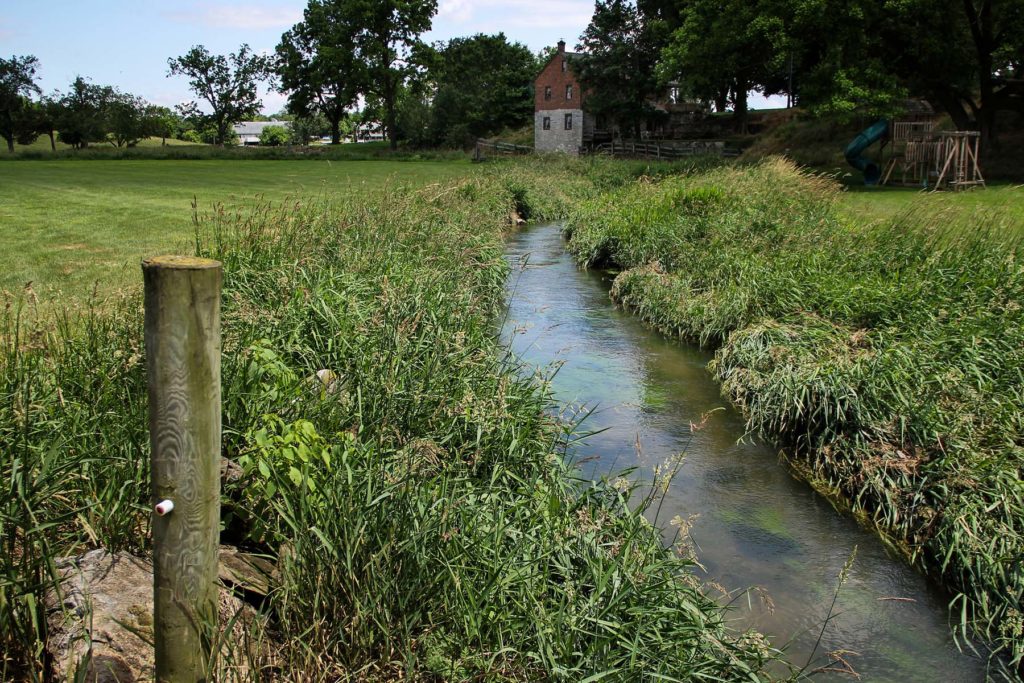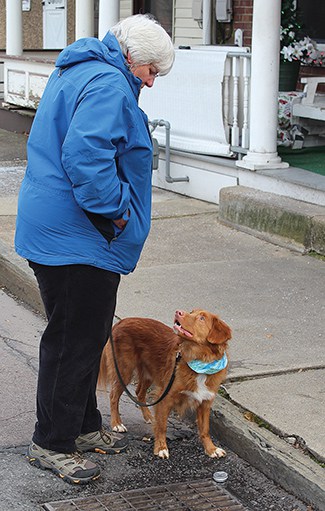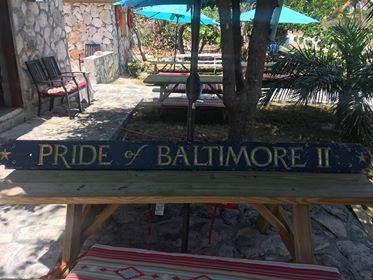When it comes to nutrient pollution on the Bay, the finger is often pointed at Pennsylvania farms and the runoff flowing downstream. But some farmers are being recognized for their work to change that trend.
In a showcase of conservation practices on working family farms, the Sand County Foundation this week announced the three finalists for its 2021 Pennsylvania Leopold Conservation Award. The three farms vary widely in location, topography, soils, and crops, demonstrating how energetic, innovative, successful farmers adapt their practices to their lands.
Given in honor of renowned conservationist Aldo Leopold, the prestigious award recognizes farmers, ranchers, and forestland owners who inspire others with their dedication to land, water, and wildlife habitat in their care. The Sand County Foundation and its partners present the Leopold Conservation Award to private landowners in 23 states for extraordinary achievement in voluntary conservation.
Pennsylvania’s first nominee is Brubaker Farms of Mount Joy in Lancaster County. Three Brubaker brothers milk 1,300 cows and raise 52,000 broiler chickens. They sow cover crops each winter and employ no-till practices across their 1,800 acres, protecting water quality and enhancing wildlife habitat. Their efforts have restored habitat for a strong stock of trout in a stream that runs through their farm. In addition, they have built a methane digester that converts
manure into electricity for the farm and 325 area homes. A dragline manure application system supplies soil with fertilizer while reducing soil compaction.
The second nominee is Glen Cauffman of Millerstown in Perry County. He grows corn, soybeans, and alfalfa hay on a 190-acre farm with diverse topography and soils. A herd of 300 Angora goats produces luxury yarn for the fashion industry. He has used no-till practices since 1984 to prevent erosion, enhance water infiltration to his soil, and improve its overall health. Cover crops and crop rotation provide ecosystem diversity. Wetlands he created provide wildlife
and bird habitat. Cauffman built this suite of conservation practices on earlier experience managing Penn State University’s farm operation facilities.
The third nominee is Dotterer Farms of Mill Hall in Clinton County. There, Ralph Dotterer Jr. uses cover crops and no-till practices to retain soil on his family’s farm. The Dotterers have long used rotational cropping and contoured fields to improve the soil’s ability to infiltrate water. Dotterer has installed grass waterways and buffers to protect water quality. He has also overseen design and construction of several streambank renovation projects on a creek that runs through
the farm. He sells his crops to area farmers for feed. In addition, Dotterer’s son Daniel is introducing sheep production to the farm.
The Leopold Conservation Award Program recognizes agricultural landowners actively committed to the land ethic championed by Aldo Leopold in his landmark collection of conservation essays, A Sand County Almanac. In Pennsylvania, the $10,000 award is presented annually by the Sand County Foundation, the American Farmland Trust, The Heinz Endowments, and the Pennsylvania Farm Bureau. They will present the award during this winter’s Pennsylvania Farm Bureau Annual Meeting and the Pennsylvania Farm Show.
-John Page Williams




